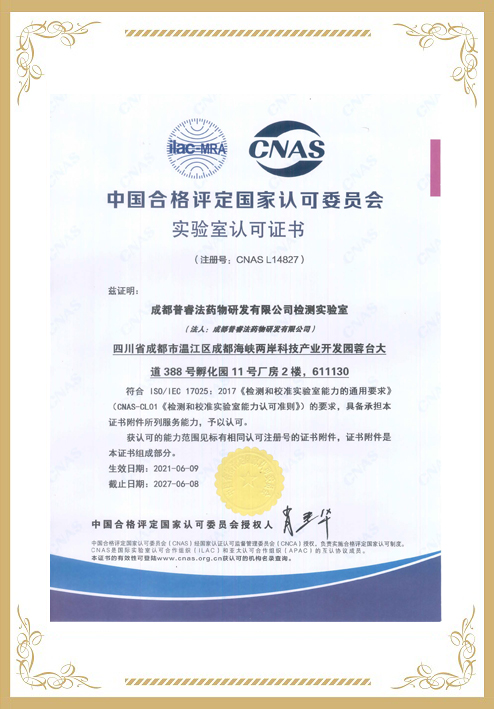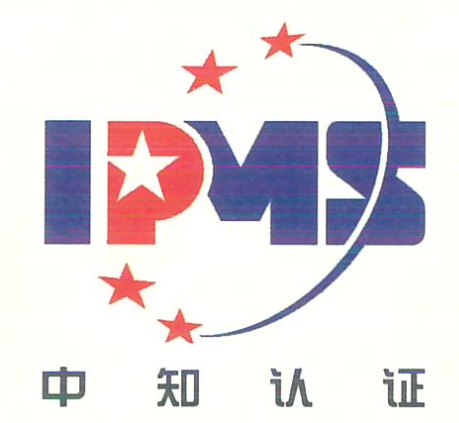COVID-19 is often characterized by dysregulated inflammatory and immune responses. It has been shown that the Traditional Chinese Medicine formulation Qing-Fei-Pai-Du decoction (QFPDD) is effective in the treatment of the disease, especially for patients in the early stage. Our network pharmacology analyses indicated that many inflammation and immune-related molecules were the targets of the active components of QFPDD, which propelled us to examine the effects of the decoction on inflammation. We found in the present study that QFPDD effectively alleviated dextran sulfate sodium-induced intestinal inflammation in mice. It inhibited the production of pro-inflammatory cytokines IL-6 and TNFα, and promoted the expression of anti-inflammatory cytokine IL-10 by macrophagic cells. Further investigations found that QFPDD and one of its active components wogonoside markedly reduced LPS-stimulated phosphorylation of transcription factor ATF2, an important regulator of multiple cytokines expression. Our data revealed that both QFPDD and wogonoside decreased the half-life of ATF2 and promoted its proteasomal degradation. Of note, QFPDD and wogonoside down-regulated deubiquitinating enzyme USP14 along with inducing ATF2 degradation. Inhibition of USP14 with the small molecular inhibitor IU1 also led to the decrease of ATF2 in the cells, indicating that QFPDD and wogonoside may act through regulating USP14 to promote ATF2 degradation. To further assess the importance of ubiquitination in regulating ATF2, we generated mice that were intestinal-specific KLHL5 deficiency, a CUL3-interacting protein participating in substrate recognition of E3s. In these mice, QFPDD mitigated inflammatory reaction in the spleen, but not intestinal inflammation, suggesting CUL3-KLHL5 may function as an E3 for ATF2 degradation.























